Food Security: Cross Country Policies and Experiences
Food security is one of the major components of social security. It consists of ensuring that food is available at all times, that all persons have means of and access to it, that it is nutritionally adequate in terms of quantity, quality and variety, and that it is acceptable within the given culture. There are three elements in this definition, availability, accessibility and suitability. In recent years, nutrition has been considered as a part of food security.
Food security is a form of investment in human capital. It brings stability in people’s lives and makes it easier for them to meet their basic needs, protect health, educate children, and take risks. Poverty, land degradation, climate change are some of the causes of food insecurity.
Each country, be it developed or developing, faces a specific challenge in meeting the food requirements of its population. The problem is more severe in developing countries which are agro economies and are heavily dependent on natural climate for a good yield. There are other problems also like food wastage by a section of the population while the rest go hungry. No country could perhaps ever be 100 percent food secure in the holistic comprehension of the term. Yet there are some countries which have more successfully tackled their food requirements with effective economic and trade policies while others are failing. This book comprises of 15 papers which provide critical and comparative analysis of food security policies and programmes in a cross-section of countries, developed and developing.
Contents: 1. Australia: Agro Economy and Food Security/Aakanksha Parashar and Sudeepta Rao M. 2. Austria: National Nutrition Action Plan/Katyayini Surendran and Zahra Aziz. 3. Brazil: Fome Zero (Zero Hunger) Programme/Anamika Ray.4. Cuba: National Programme of Action for Nutrition/Aakanksha Mishra and Amrita Mohan. 5. France: Programme National Nutrition Sante (PNNS)/Garima Gothwal and Taruna Dhingra.6. Germany: Food Security Policies/Laboni Bhakta and Pallavi Lakshmi Lakra. 7. Indonesia: Yayasan Bahan Makanan (Food Stuff Handling Foundation)/Sharngan Arvindakshan and Kaustubh Rastogi.8. Kenya: Food and Nutrition Security Policy (FNSP)/Nuhar Bansal and Shubhangi Roy. 9. Mexico: Sustainable Food Security/Supratim Guha and Amudavalli Kannan.10. New Zealand: Food Security Treaty with Australia/Ankita Shankar and Shweta Adhikari. 11. North Korea: Climate Change, Famines and Food Security/Rajat Arora and Prithviraj Chauhan.12. Norway: Nutrition and Food Supply Policy/Advait Narayan and Shivangi Singh. 13. Thailand: Paddy Pledging Programme/Catherine Ayallore and Garima Jain.14. United Kingdom: Food Security Policies/Rahul Dave and Sankeerth Vittal. 15. Vietnam: Reunification of Vietnam and Collective Agriculture/Suktika Banerjee and Maulika Hegde.Appendix. Index.
Get it now and save 10%
BECOME A MEMBER


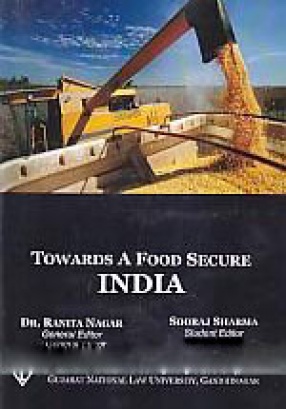
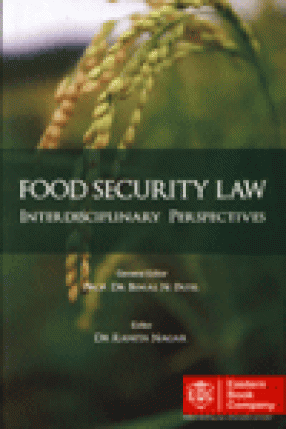
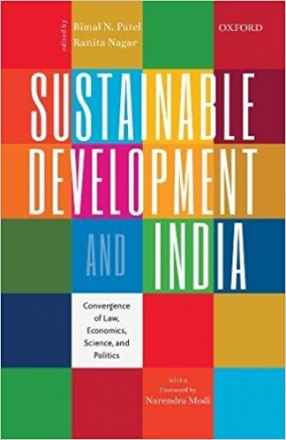
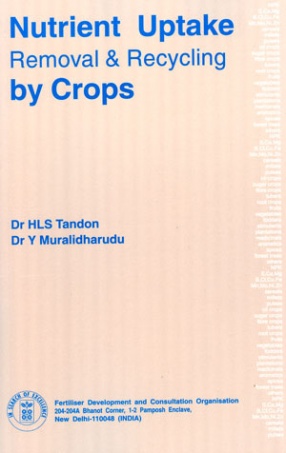
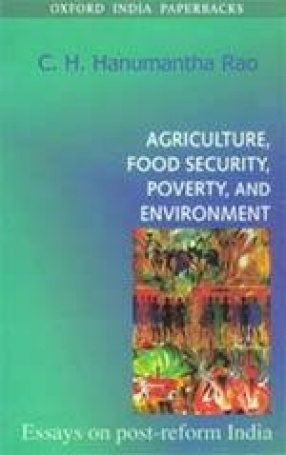

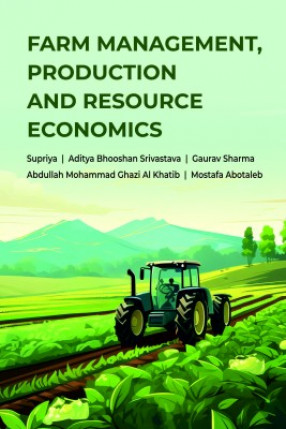

Bibliographic information